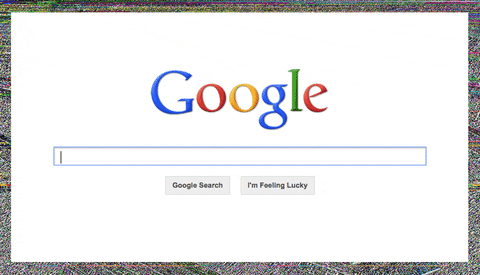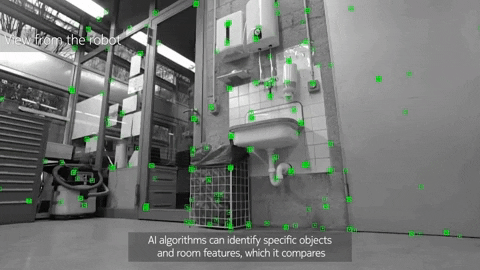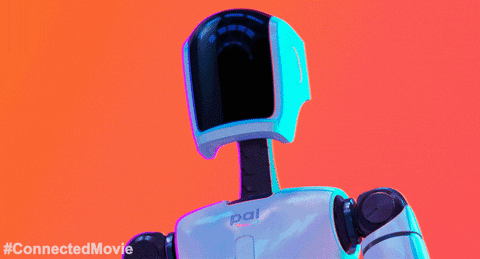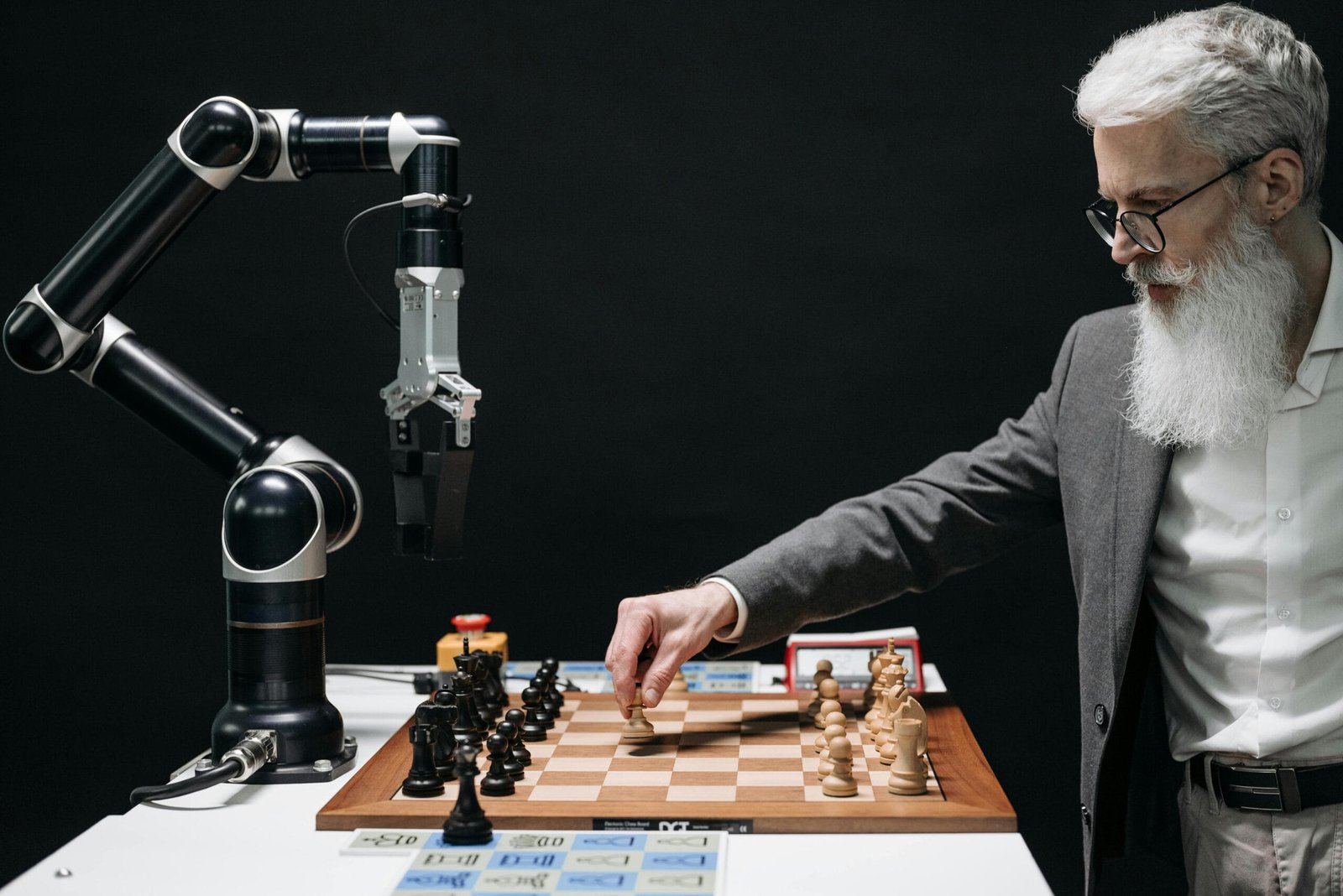Vivimos un momento clave en la historia de la tecnología. La inteligencia artificial ha tenido un papel transformador en la forma en que accedemos al conocimiento, nos relacionamos y trabajamos. Pero como toda herramienta poderosa, su impacto puede ser tanto positivo como negativo. Aquí te compartimos una mirada sincera sobre los tres grandes momentos en los que la IA ha tocado nuestras vidas, y cómo nos ha cambiado en lo social, económico y cultural.

1. Cuando la información se volvió accesible para todos
El primer gran impacto fue cuando los motores de búsqueda revolucionaron nuestra forma de aprender y explorar el mundo. Gracias a ellos, el conocimiento dejó de ser exclusivo y se volvió accesible para millones de personas en todo el planeta. Esta tecnología, bien alineada con nuestras necesidades, no solo impulsó la educación y la curiosidad, sino también el desarrollo económico y la innovación en múltiples sectores.

2. Cuando la IA empezó a competir por nuestra atención
Después llegó un tipo de inteligencia artificial muy diferente: aquella que, en lugar de ayudarnos a crecer, comenzó a capturar nuestra atención de forma casi adictiva. Las redes sociales y sus algoritmos nos mantienen conectados… pero muchas veces desconectados de lo más importante: nuestro bienestar, nuestras relaciones y hasta nuestro descanso.
Esta IA no está diseñada pensando en nuestro equilibrio, sino en maximizar el tiempo que pasamos frente a una pantalla. ¿El resultado? Problemas como ansiedad, insomnio, aislamiento y una preocupante disminución de la calidad en nuestras interacciones humanas y sociales. Incluso ha contribuido a la polarización política y al desgaste de la democracia en varios países.

3. La era de la IA generativa: una nueva revolución
Hoy vivimos el tercer gran impacto: el auge de la inteligencia artificial generativa. Herramientas que pueden escribir, crear imágenes, analizar datos y realizar tareas complejas con una rapidez que supera a la capacidad humana promedio. Esto abre puertas enormes en productividad, educación y creatividad… pero también genera preguntas difíciles sobre el trabajo, la ética y nuestra relación con la tecnología.
Estamos frente a una tecnología poderosa, aún en construcción, cuyo impacto dependerá en gran medida de cómo decidamos usarla.

The good, the worrying and what we can do
El acceso masivo a internet móvil ha hecho que estas tecnologías lleguen a cada rincón del mundo a una velocidad impresionante. Pero no todas han llegado para bien.
Our mental health, our relationships and even our rest están siendo afectados por el uso excesivo y poco consciente de la tecnología.
Culture and democracy también han sufrido cambios, pues vivimos cada vez más en burbujas de información que refuerzan nuestras ideas y nos alejan del diálogo con quienes piensan distinto.
The great challenge is to align AI with our interests as humanity.. Aprender a usar estas herramientas con responsabilidad, desarrollar pensamiento crítico y mantenernos siempre humanos en nuestras decisiones y acciones.

Una invitación a reflexionar
La inteligencia artificial no es buena ni mala en sí misma. Todo depende de cómo la usemos. Estamos frente a una oportunidad única: construir un futuro donde la tecnología esté a nuestro servicio, sin que perdamos lo que nos hace humanos.
Sigamos aprendiendo, compartiendo y tomando decisiones conscientes. Porque el futuro de la inteligencia artificial… también es el futuro de todos nosotros.


